Camden's 'lack of urgency' over improving fatal junction
- Published
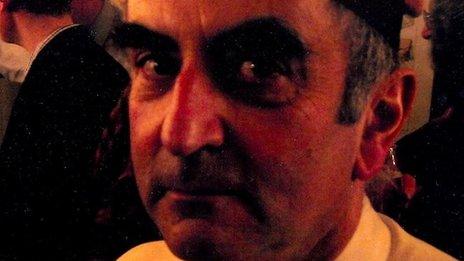
Francis Golding just "didn't see" the coach before the fatal collision
This week there will be a number of inquests into the cyclists who died during that grim fortnight last year.
Today it was the inquest of the well-known architect Francis Golding whose family had to sit through the detail.
Mr Golding hit a coach that had indicated and was slowly turning left. It was witnessed by a cyclist who was behind Mr Golding at the time of the collision.
He said: "I wanted to shout.. Words didn't come out.. Mr Golding wasn't aware of the coach at all."
The cyclist also said "I don't think he was paying enough attention for two seconds of his journey and he really paid the consequence."
Coroner Mary Hassell said in her summing up: "He just didn't see it."
What is striking about cycling inquests is these incidents have a traumatic effect on all of those involved.
The family were extremely upset and probably expected more from the inquest process. The coroner had to point out an inquest is only for fact-finding and not about apportioning blame.
'Disappointed' in Camden Council
And as well as the family, there was a coach driver from Lincoln.
He was called to give evidence three times as questions were raised about when he started to indicate and why he had to be in the second (and previously third) lane to make the turn.
Evidence from the Met showed he had two seconds in his mirrors to see Mr Golding. The driver did not see him.
What's also striking is how these junctions do usually have a long history of collisions.
In this case, the Met went back 10 years. There were 77 collisions over that period - 29 involved cyclists and three of them, including Mr Golding, were fatal.
The Met said: "Redesign ought to be reconsidered."
Coroners are also now looking at infrastructure very closely. Ms Hassell oversaw the inquest into the death of Brian Dorling at Bow roundabout.
She was very critical there of Transport for London and the Mayor's cycle superhighways and said they were confusing.
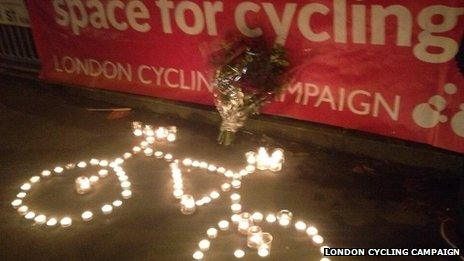
Six cyclists were killed over a fortnight in the capital last November
Today she turned her ire onto Camden Council and the "lack of urgency" in improving the junction.
She said: "I'm disappointed Camden Council... and whoever else needs to be considered here... have not made greater progress since Mr Golding's death.
"I appreciate it is not a quick fix but progress has been slow. What I've been told is we've done a bit but not very much since November.
"I shall make a prevention of death report about the junction layout... Doesn't help Mr Golding but it might help others."
Camden told the court it will be reviewing the route in the next few months. It now has 56 days to inform the coroner what it intends to do to improve the junction.
So a coroner is now - not for the first time - forcing the authorities to improve cycling safety much more quickly.
The overwhelming feeling when you leave these inquests though is the stakes remain too high for one small error to lead to a death.
And ideally you wouldn't want a coroner to be telling transport authorities to speed up work to improve cycling safety.
- Published18 November 2013
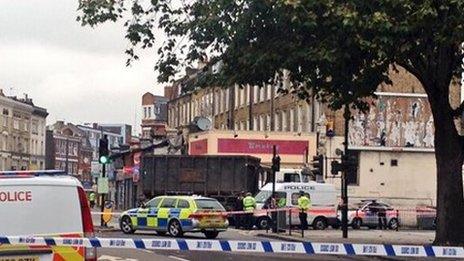
- Published15 November 2013
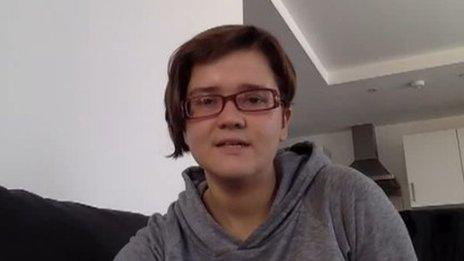
- Published13 November 2013
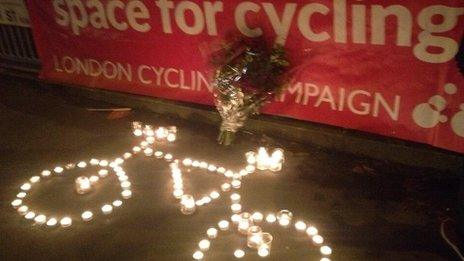
- Published11 November 2013
